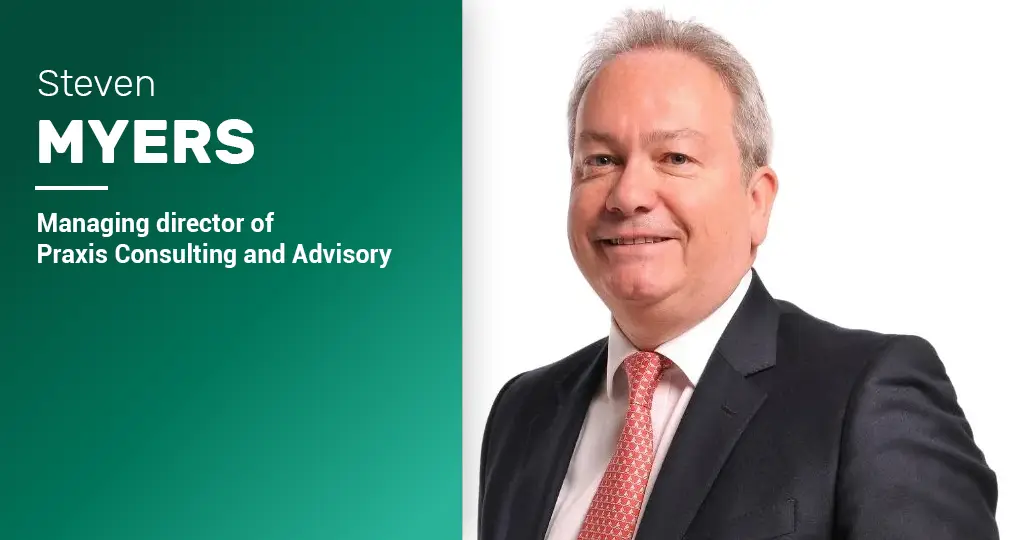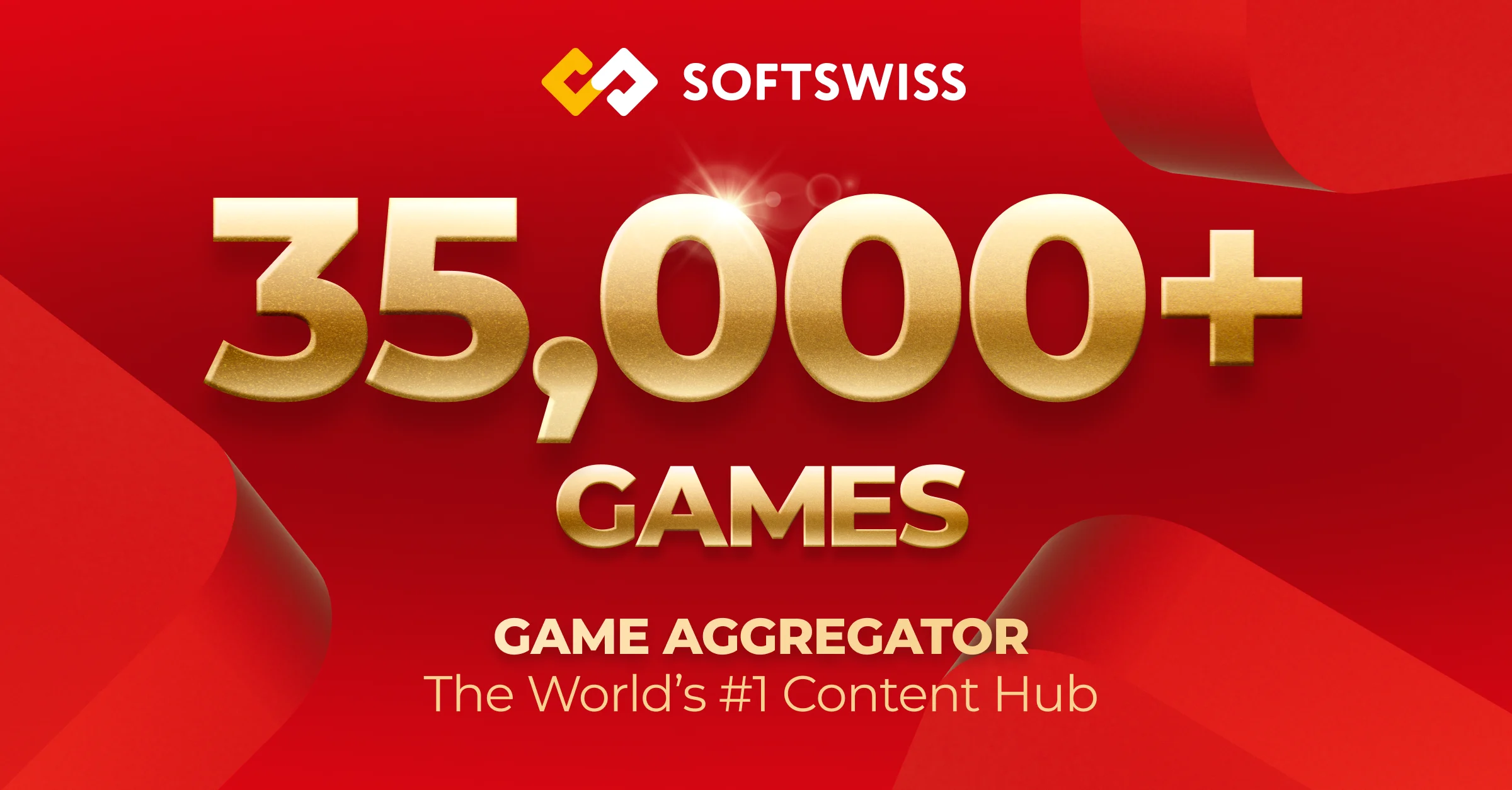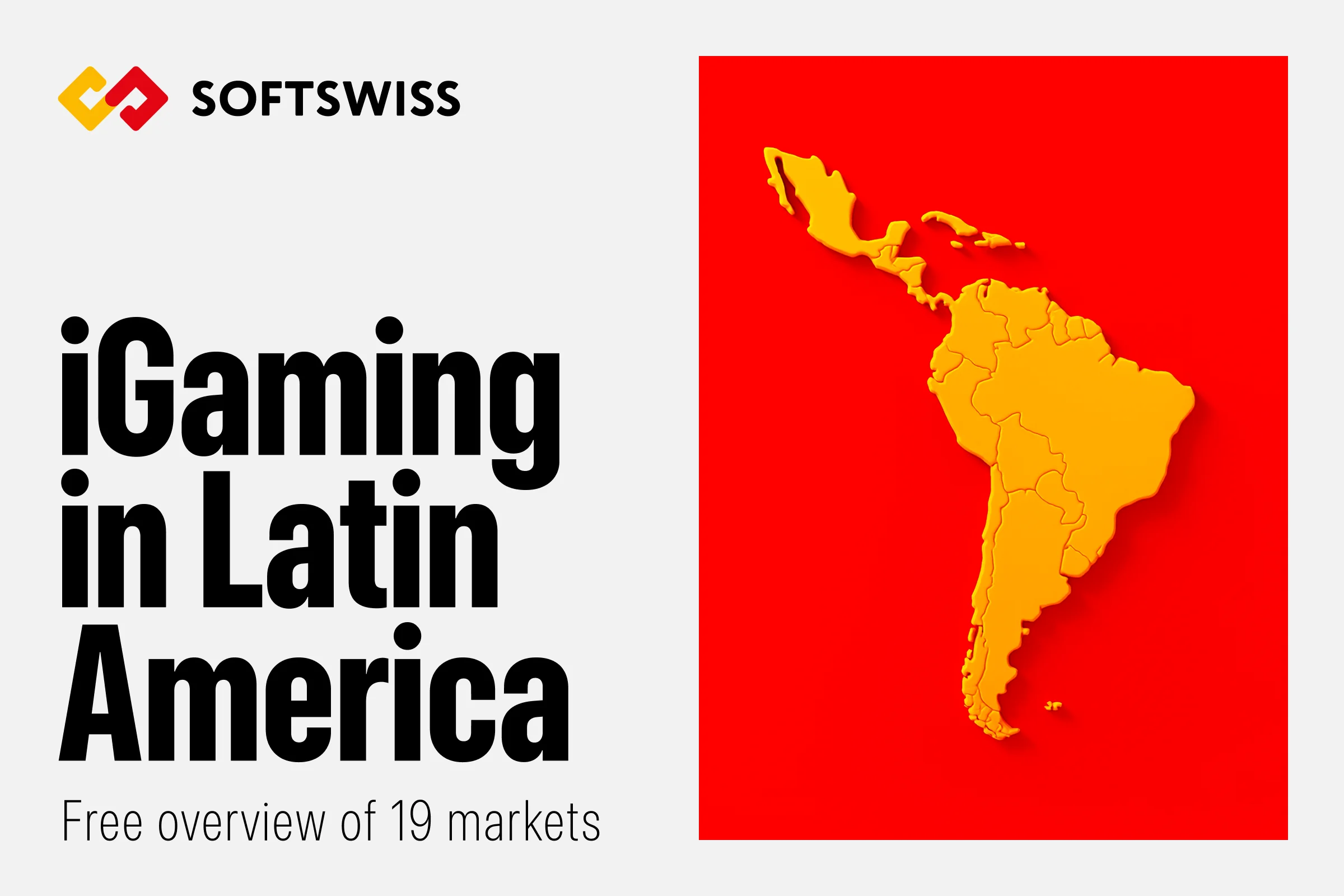According to the news articles about gambling, the iGaming sector is set to grow and expand even more in 2022. The question of attracting investments becomes vital for many casino and betting ops.
Steven Myers, managing director of Praxis Consulting and Advisory, who has over twenty years of experience in the gambling sector, has provided expert insight into the topic.
Steven, what key factors have you seen investors pay attention to before putting money in the iGaming companies?
iGaming, as with all forms of gambling, has first to overcome moral barriers. Once that is overcome, it is a balance of risk versus reward. There is no doubt that a higher standard is often applied to the investment criteria based on operators, regulatory markets, and reputational risk factors in this industry.
That is not to say we are dealing with some random or renegade sector. Gaming markets tend to be regulated by either a gaming regulator, financial authority, or both. Yet, some jurisdictions still operate in tandem with the grey market. We have seen the Netherlands make special provisions for those companies that previously operated there by effectively putting their operations into hibernation for a period.
Investors will also look at what other markets a company is exposed to. Some investors have a policy of dealing in regulated markets only, yet others operate in both regulated and grey markets.
These things make a difference depending on whether you are an asset manager with an investment portfolio, an individual investor, or perhaps a company that wishes to tactically invest. Stability, term, volatility, and socially responsible investment (SRI) requirements all need to be considered.
Finally, perhaps one of the most difficult aspects for an investor of late is the ability of regulators to impose fines for non-compliance relating to AML/KYC procedures or other intervention. The fines can be substantial and can potentially make or break any acquisition. The difficulty is that no due diligence process can eliminate the risk of this entirely and a potential fine may be unquantifiable. Cases may go back a number of years and the interpretation of data can vary wildly. How does an investor get through a credit committee or investment forum with such a risk? It’s not for the fainthearted.
In your opinion, which European-regulated gambling markets are the most attractive for investors? For which reasons?
Well, I will give the classic response here: it depends!
We see institutional investors are finding that the suitable criteria open to them for investment in the gambling sector is narrowing. The greater focus on ESG means that a number of iGaming companies need to redouble their efforts in terms of compliance to meet the requirements. Doing some work in the ESG field in the sector, I would say the operators definitely fall into a mixed bag.
On an institutional basis, established and well-regulated markets seem to be preferred with stability and a workable tax rate. Germany promised and failed to deliver here, though northern Europe, even the Scandinavian countries, would fulfill the brief to an extent. The new Netherlands market will be interesting to see as it will be a reasonable bolt-on for many operators. However, those companies that have operated in the grey market need to tread carefully and investors have concerns over such matters.
The markets in the UK and Sweden, in particular, do seem to be growing more unreliable due to the intervention of the regulators, largely without any evidence-based academic research. That is concerning and may provide some resistance to investment in the future.
What main risks do you see for companies when investing in the iGaming sector? Can anything be done to eliminate them?
As already mentioned, the current trend for companies to be fined significant sums of money is not going away. Some may consider this a “cost” of doing business in certain regulatory environments but it is not sustainable. Regulators are also looking to ramp up the accountability of operators through their use of affiliates and other parts of the supply chain. My own view is that many of the B2B providers and affiliates need to step up and either be licensed or improve their ESG credentials if the risk profile is to be lowered.
I would especially urge those companies in high growth phases to make sure their structure, processes, and procedures are robust and able to satisfy corporate requirements as they will inevitably be challenged before an investment is made.
Steven, how do you think gambling operators can grow their businesses effectively in 2022?
I think the use of data in iGaming has become even more important to driving business and efficiencies. The industry is increasingly using data/AI to hone its customer offer and I think this will continue. Attracting players will still be a core activity and content is king. All eyes will continue on the cost of acquisition but keeping those new customers is crucial for year-on-year performance. Loyalty isn’t all it’s cracked up to be, so it is all about tuning into the player psyche.
Ease of use will also continue to be important, particularly when acquiring new customers. Focusing on mobile is probably where most companies will direct their main resources.
Another factor that is increasingly gaining attention is the use of data and AI to predict the early stages of problem gambling activity in customers. I think this will become the norm as companies prove their worth rather than a few companies leading the way, and players may well show a preference to sign up to these companies.
It is known that many gambling jurisdictions, e.g., the UK, require companies in the iGaming sector to conduct various KYC and AML procedures. Do you see shareholders also requiring strict KYC and AML compliance?
Well, it is certainly not just the UK. The EU Directives and worldwide compliance structure relative to money laundering/proceeds of crime requirements are far-reaching. It is now ingrained in the very fabric of many companies, particularly those in the iGaming sector. As a consequence, this has a direct effect on shareholders of the company, whether individuals, companies, or other institutions. Audit and compliance requirements are increasingly geared towards these areas and those I know who are shareholders, directors, or executive officers have really sharpened their focus on such areas. Shareholders are looking more and more towards independent directors to ensure compliance and transparency is increasingly important in any organization.
However, in iGaming, the wider ESG approach is sorely lacking in my view. Many companies also see KYC/AML and other sustainability requirements as a chore rather than embracing them as an opportunity. In such cases, it is paramount the shareholders or their representatives instigate an approach where ESG/KYC and AML requirements are at the very heart of what they do. These areas require strategic buy-in in the gaming sector and I don’t see too much evidence of it at the moment.
In your opinion, does betting on esports have the potential to become the most popular sector of iGaming in the future?
There are a number of issues surrounding the esports proposition that need to be addressed, but I am convinced it will in time become one of the most popular sub-sectors of iGaming. Whether these customers will migrate with maturity onto other gaming platforms also remains to be seen. However, if esports can be monetized better there is a huge opportunity.
Saying that the esports sector is suffering from growing pains at present and needs to become more professional and accept that it needs proper regulation and strong corporate management. Much of its activity borders the gambling sector and needs a regulatory framework, but there seems to be a reluctance or naivety on behalf of some of those involved to pursue. We have been here before at the start of iGaming and I think it is likely that similar mistakes will be made.
How do you believe the iGaming industry will develop in 2022?
That’s a very difficult question after the industry has come through an unparalleled time following on from Covid-19. iGaming has definitely benefitted from the temporary loss of land-based products out there and we have seen regulator intervention, some industry consolidation, and an assault on the US market state by state.
I think mobile will continue to grow in popularity and product will look first to fill this platform. The role of affiliates is being scrutinized more than ever before and aggregators will aim to tighten their grip even more through exclusivity requirements and other tie-ins.
Maltese-based entities will face an extra layer of scrutiny following its grey listing but as yet there has not been a mass exodus from the island. I sense companies are reluctant to move again hot on the heels of the history of Alderney, Gibraltar, and the Isle of Man. I think the island has an opportunity to get its act together but it needs to do so quickly-particularly for those companies involved in the US market.
Overall, I expect to see more consolidation in the sector, particularly those with US exposure.
Read more: Best Gambling Payment Providers












